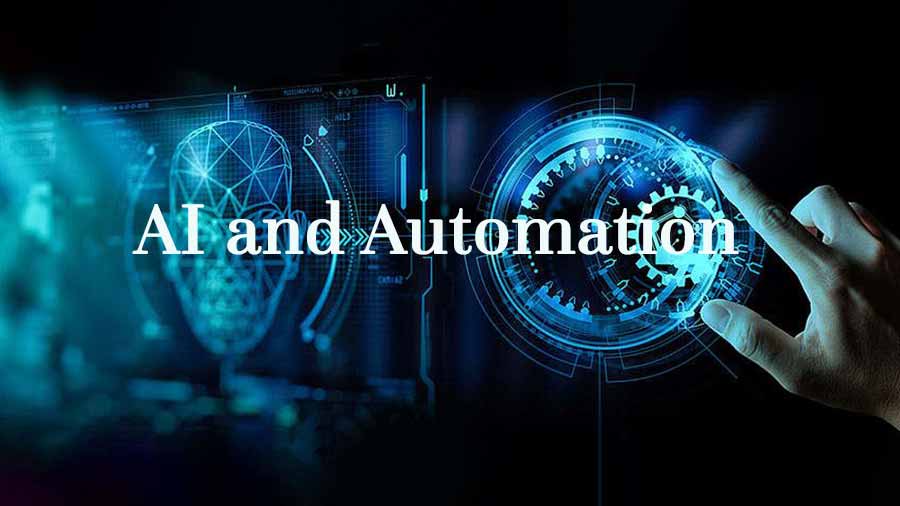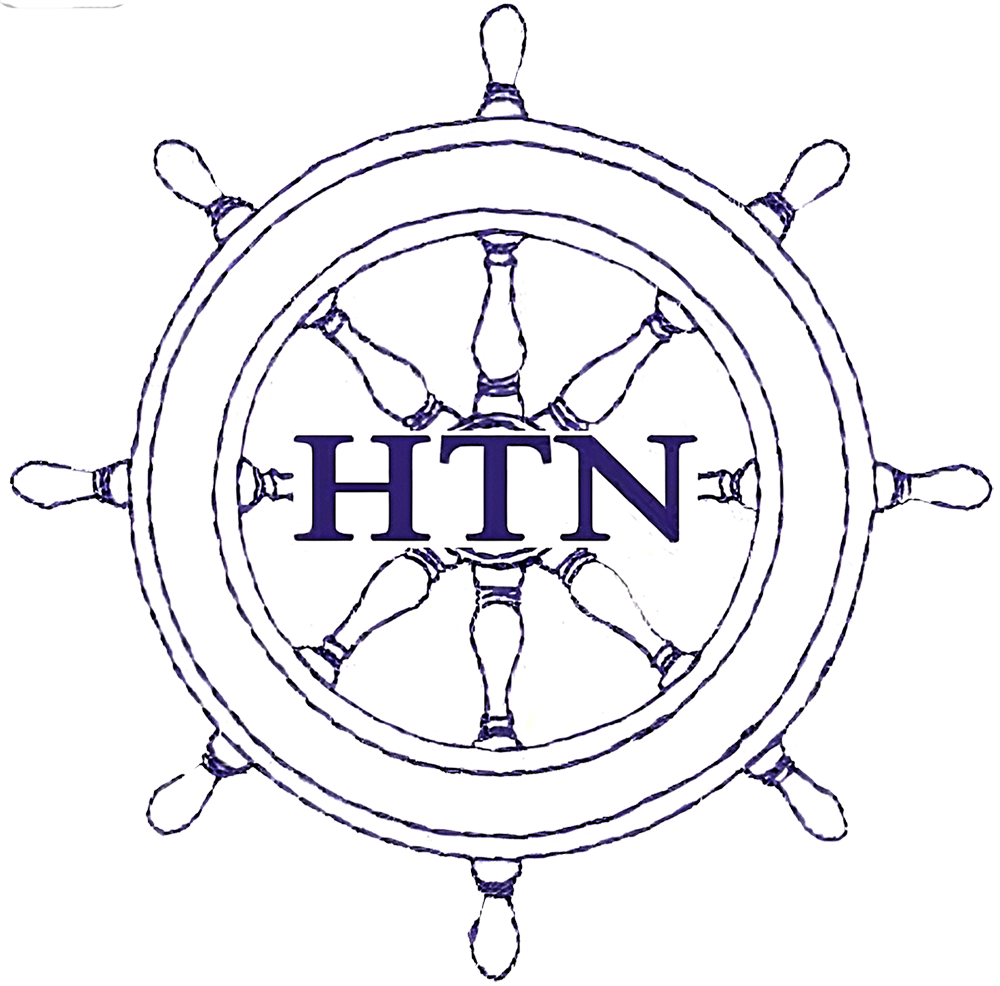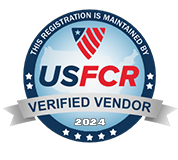AI, Automation, digital platforms, and other innovations are changing the essential nature of work. Understanding these shifts can help innovators, business leaders, and professionals march forward. This article looks at the top industries impacted by AI and how it’s changing the nature of the workforce, these industries require.

- Around 45% of total economic gains by 2030 will be from product enhancements, stimulating consumer demand.
- People skills must evolve to meet the mandates of fluid, totally new, even unforeseen roles that machines cannot fulfill.
- The adoption of AI in the manufacturing industry should be seen as a positive development, and fruitful results can be achieved through training and re-skilling the existing workforce.
Retail
- The use of robots and AI in the retail sector is growing at a rapid pace
- 85% of retail and 79% of consumer products companies aim to use intelligent automation for supply chain planning by 2021
- This transition will result in the emergence of organizations with fewer layers and a better-skilled and trusted workforce backed by real-time data and analytics
Real Estate
- AI has already entered the real estate industry and is affecting a massive change to this $480 billion industry-from, from impacting the home search experience to predicting the marketing trends in the real-estate sector.
- Smart Home Search Portals
- Chatbots are helping resolve simple questions to help prospective customers find their next home.
- Enhancing the Buying Process
- Robots may soon assist agents in offering a unique buying experience
Healthcare
- AI is already being used to diagnose and treat diseases
- The presence of AI will assist medical professionals in diagnosing illnesses faster and, using the data collected from AI algorithms, work on finding better solutions
- It becomes essential for healthcare providers/radiologists/pathologists to learn and implement these technologies
Opportunities galore
- What’s your next step?
- 35% of the AI roles need a Ph.D., and another 26% require that candidates possess a master’s degree
- Industry-specific certifications will help convince prospective employers that you have the right skills and expertise for a job.
- Simplilearn offers a host of programs that equip professionals with much-needed knowledge and industry-read expertise in these cutting-edge technologies.
Note:
Automation must be seen today as a cross-disciplinary integration of digital technologies, such as Artificial Intelligence (AI), the Internet of Things (IoT), Deep Machine Learning (DML), and Robotic Process Automation (RPA). An example is the automated integration of corporate functions and entire corporate partnerships, a.k.a Cyber-Physical Systems (CPS)
Verma, E. (2023b, January 19). How AI and Automation Are Changing the Nature of Work. Simplilearn.com. https://www.simplilearn.com


